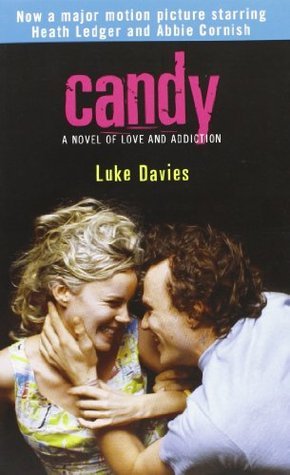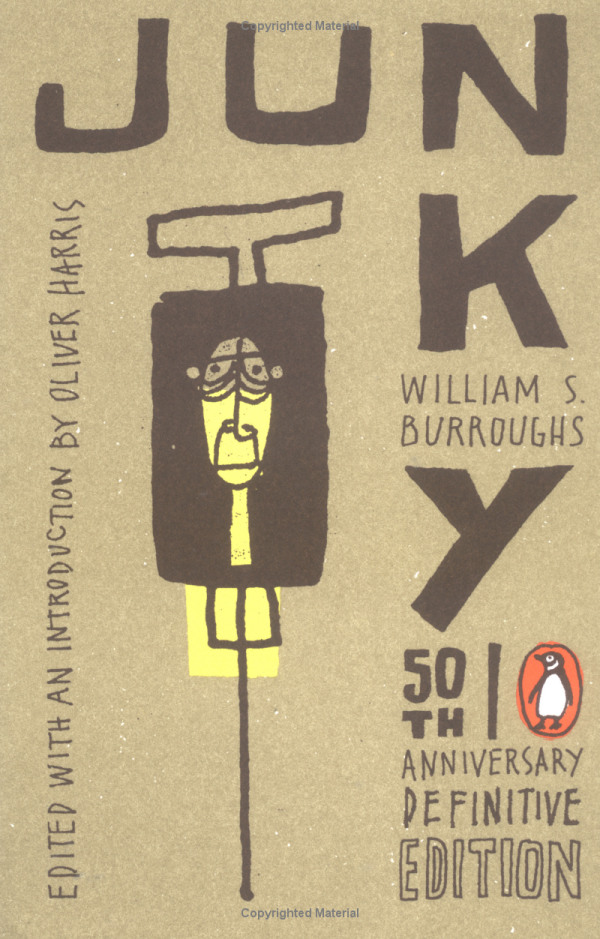
Diary of a Drug Fiend
Book Description
Addicted and unrelenting, two lovers plunge into the seductive abyss of drug addiction, where pleasure blurs with torment in a wild frenzy of ecstasy and despair. As their bodies and minds unravel, they navigate a treacherous world filled with temptations and the façade of hedonistic liberation. Friendship and betrayal intertwine as they confront their darkest demons, testing the limits of love and sanity. Crowley’s raw exploration of addiction reveals the fine line between freedom and entrapment. Can passion survive in the face of annihilation, or will the drugs consume their very souls?
Quick Book Summary
"Diary of a Drug Fiend," Aleister Crowley's groundbreaking novel, plunges readers into the harrowing tale of Peter Pendragon and Lou Laleham, two lovers ensnared by drug addiction in post-World War I England. Starting as a passionate romance fueled by hedonistic pleasure, their lives spiral into chaos as addiction to cocaine and heroin overtakes their existence. The narrative explores their highs and devastating lows, delving into themes of self-destruction, identity, and the quest for meaning. Crowley intertwines occult philosophy and Thelemic ideas, highlighting the pursuit of true will against the backdrop of chemical dependency. As Peter and Lou confront the consequences of their actions, the story rigorously interrogates the boundary between liberation and enslavement, exposing both the ecstasy and agony of a life unmoored by morality and control.
Summary of Key Ideas
Table of Contents
The Duality of Pleasure and Pain in Addiction
Peter Pendragon, a disillusioned veteran, finds fleeting solace in the vivacious Lou Laleham. Their whirlwind romance quickly becomes inseparable from drug use, initially portrayed as a means of transcendence and liberation. Early episodes teem with elation, sexual passion, and the illusion of freedom as the couple plunges into London's decadent social circles. Drugs serve not just as a physical escape but as a supposed path to deeper truths, echoing the postwar era’s collective sense of dislocation and the search for new ideals.
The Search for Meaning and Self-Realization
As the euphoria recedes, Peter and Lou descend into dependence, losing touch with reality. Their relationship, once electrifying, warps under the weight of addiction. Financial ruin, paranoia, and physical decay set in. Crowley’s depiction is unflinching and graphic, laying bare the consequences of chasing pleasure without restraint. The narrative refuses to sentimentalize addiction, instead drawing out the psychological torment and desperation that ensnare both protagonists as their lives unravel.
Love, Dependence, and Relationship Dynamics
Amidst the chaos, Crowley weaves in his own Thelemic philosophy, focusing on the concept of "True Will." Characters like Basil King Lamus, representing the voice of occult wisdom, offer counterpoints to Peter and Lou’s downward trajectory. Through spiritual guidance and rituals, the couple is encouraged to confront their inner demons. The narrative suggests that the road to recovery and authentic freedom lies not through oblivion but through self-knowledge and disciplined willpower.
The Influence of Occult Philosophy and Will
The dynamic between Peter and Lou illuminates the interplay of love and dependency. Their bond is passionate but ultimately corrosive, revealing the fine line between mutual support and co-enablement. The story probes whether genuine connection can flourish amid addiction or whether love is inevitably sacrificed to the self-destructive lure of drugs. Betrayal, forgiveness, and moral ambiguity color their interactions, exposing the complexities of human desire and fallibility.
The Cycle of Destruction and Redemption
In the novel’s resolution, the quest for meaning shifts from the pursuit of external sensations to the reclamation of personal agency. Recovery is painstaking, marked by moments of insight and relapse, but underscored by hope that redemption is possible. Crowley closes with the assertion that true freedom is found not in unbridled indulgence but in the conscious alignment of will and action. The journey of Peter and Lou, while shaped by darkness, ultimately affirms the possibility of transformation.
Download This Summary
Get a free PDF of this summary instantly — no email required.





